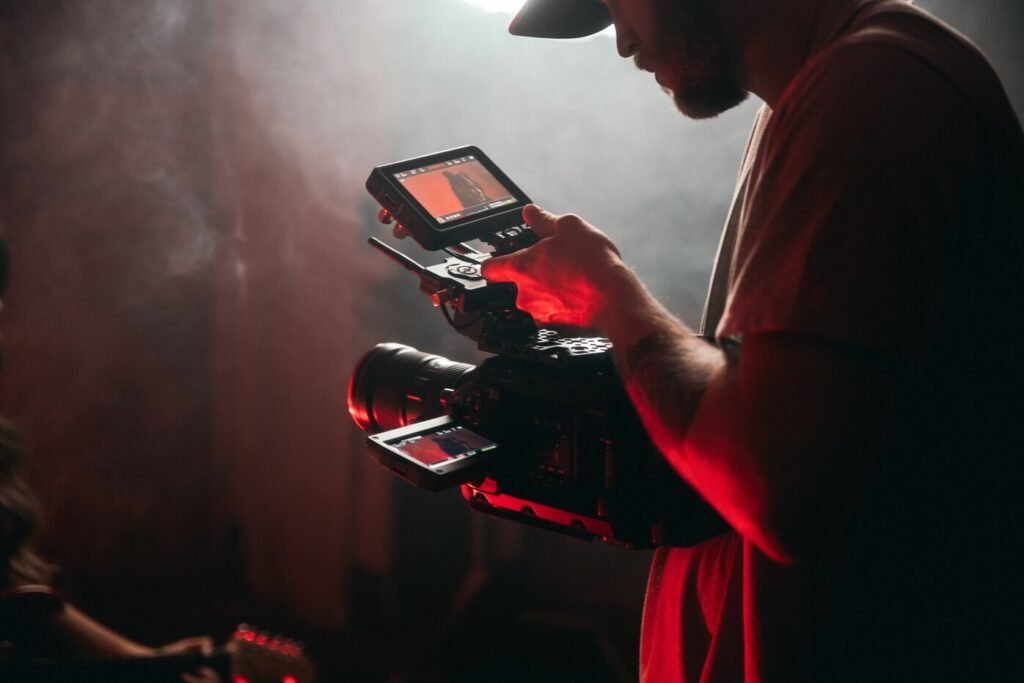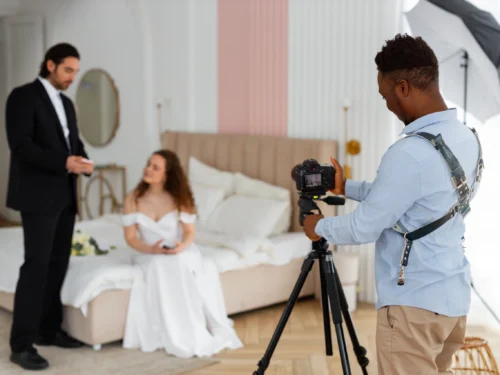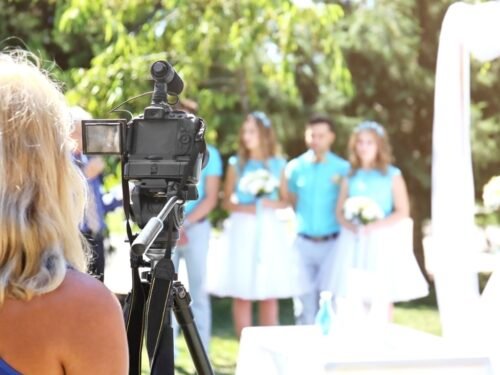How To Shoot Video Like A Professional Videographer
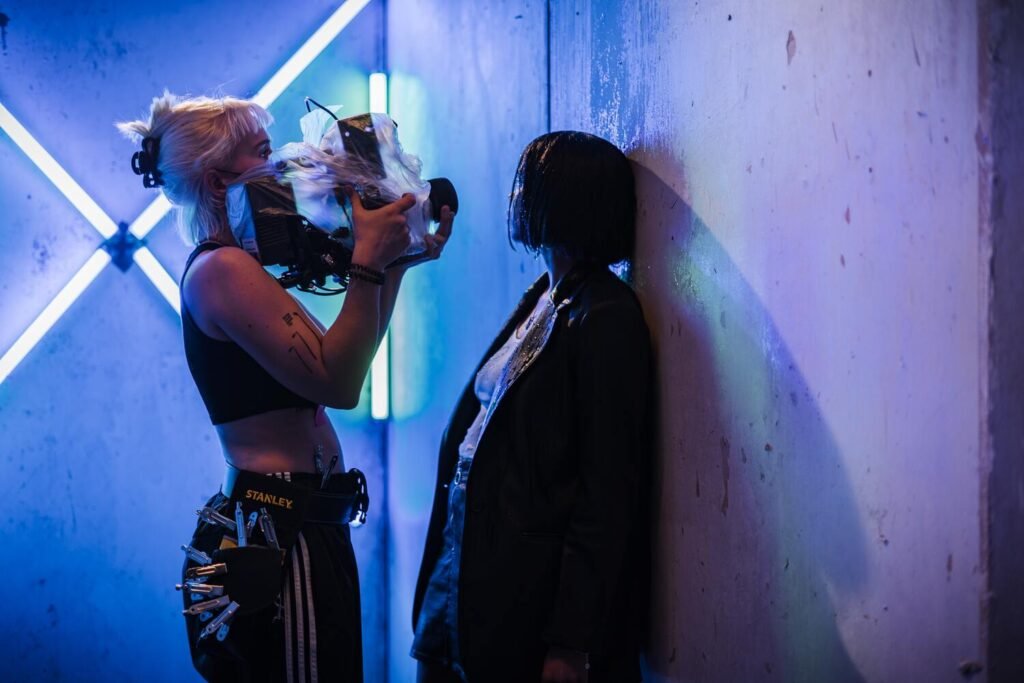
When it comes to professional videography, it’s not just about pointing a camera at something or someone. There are many different things you need to consider before picking up the camera. One of the many things you need, before you can shoot a video, is to have a plan that includes storyboards, shot lists and shooting schedules. Not only that, but you also need to think about the logistics of the shoot, where it’s going to take place, how you’re going to shoot the event or the actors. There is a long process that comes with shooting a professional video, so here are a few tips to help you plan for a shoot and learn how to shoot a video like a professional videographer.

We Can Help Boost Your Sales with Professional Video Editing.
Unlimited Revisions – Whatever changes are needed, send them through and we will Fix them.
Fast Turnaround Time – We are always available to meet the tightest of deadlines when necessary.
Risk-Free Trial – Send your first video editing project to us and if you are not 100% happy with the results we produce, you don’t pay!
Consolidate With Your Crew And Client
Before you start shooting, you need to make sure everyone, both your clients and those on your crew, know exactly what you’re shooting. It is no good turning up on the day of a shoot, without knowing what you’ll be shooting, and eventually, the day will be wasted in negotiating where, when, and how you’re shooting your video.
It’s important that you know where to set up your cameras, to get the perfect angle for a shot, especially if you’re filming live events, such as weddings or ceremonies. The officiators won’t and can’t wait as a ceremony takes place, for you to reset your angles, because you messed up, and it’s even more vital that they continue, when they have a large crowd watching, like at a concert or a gig.
That’s why you need to plan with your client and crew before the shoot. It’ll not only give your crew the chance to suggest where to place your cameras, but it’ll remind your clients exactly where to stand and what to do when the time comes.
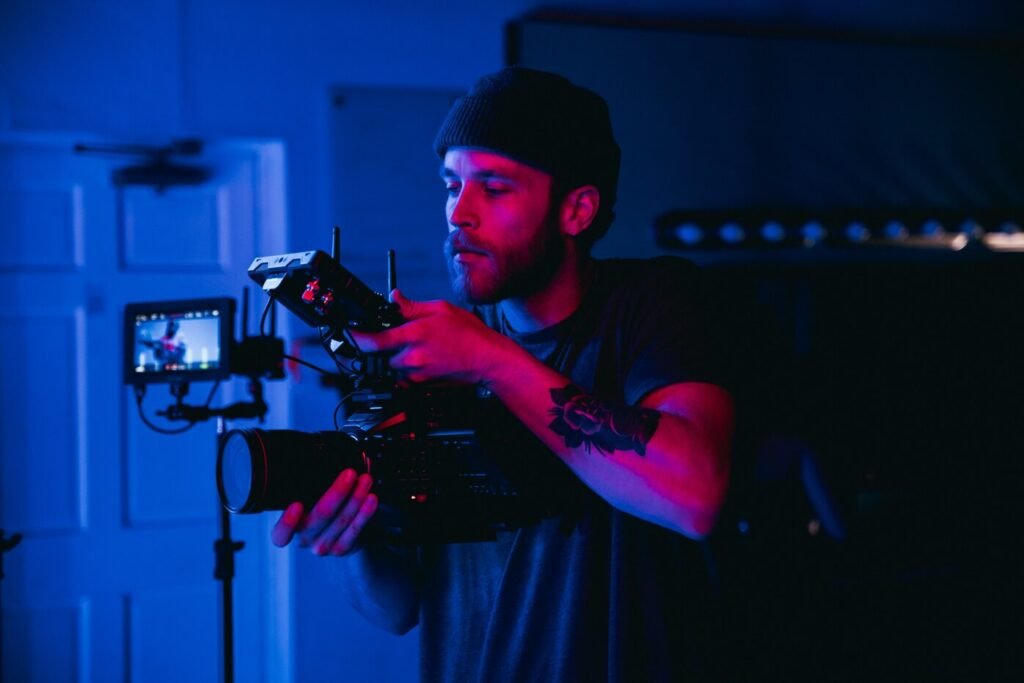
Plan For The Edit
Another thing you should consider before you start shooting is the edit itself. That means, you should already have the video already made up in your mind, which your client and crew should know about as well. One of the best ways to show them what you want to film is through visual aids, like storyboards. Storyboards are not just useful for fictional films, but it’s also a great aid for documenting live events.
When you provide a storyboard to your client and crew, it shows them that you already know what to do on the day of the shoot. It not only helps you plan where to place your cameras, but it will also help give your clients an idea of what their videos will look like.
By planning for the edit, your clients and crew will have a better understanding of what you will be doing on the day of the shoot. So, even if you’re zipping about, all over the place, they won’t be too worried about it, because they know you’re only checking up on either your crew or your equipment.
Make A Shot List
Shot lists are essential when you’re filming. It reminds you where you want to position your camera, and what shots you’ve planned for a scene or a segment of the video. If you’re shooting a fictional film, and you’re trying to get every angle you can possibly get, of the scene, you will definitely need a shot list so your crew can set up the shot, so it matches the takes you’ve taken before.
Similarly, when you’re shooting a live event, a shot list will provide you with a clue for your camera setups, and where your crew are meant to be standing, where they’re meant to point their cameras at, and what it is they’re shooting. For example, if you’re shooting a wedding, and you have a crew of three videographers, including yourself, you don’t want everyone standing at the altar, shooting the bride and groom. You’ll want someone shooting the congregation or shooting the bride and groom from a different angle.
That’s why it’s important to have a shot list on hand, a professional videographer knows where to set up his equipment and make sure it’s not in the way of a scene or event.
Keep An Eye On Time
When shooting a film, make sure you keep an eye on the schedule of the shoot. If you’re shooting a fiction film, your cast and crew will get tired, especially if the shoot is longer than 12 hours. Always let your cast and crew have a break, especially around lunchtime. You don’t want to have an irritated actor spewing off lines when they’re cranky. Make sure you give them a full hour before you need to start filming again, and even factor in a few 5-minute breaks in between takes, so they can get some air. It’s not always easy for an actor to embody a character and it can be draining.
Of course, if you’re filming events like weddings and ceremonies, remember to work with their schedule too. Just because you think you didn’t get a certain shot, it doesn’t matter, you can always replace it with something else. Remember, you’re working on someone else’s schedule, not yours. So, if you miss that “perfect shot” you will have to content yourself with it and hope that someone else on your crew or one of your camera setups caught it.
Even if you want that “perfect video” remember that not all videos and films are perfect. Even Hollywood directors have had to delete their favourite scenes, in favour of their schedule.
Never Stop Learning
Even if you think your shooting style is professional enough, never stop learning and asking for advice. Chances are when you ask, you’ll find new styles, new techniques, and inventive ways of shooting a film. Not to mention, you’ll meet other professional videographers along the way, and they’ll definitely have a few experiences that might give you inspiration for your next shoot. Or, if nothing else will work, sign up for a filmmaking course, whether it’s a short course to help boost your confidence or an actual degree, you will always find ways to improve your filming styles, no matter how far you are in your career as a professional videographer.
Related Articles:


